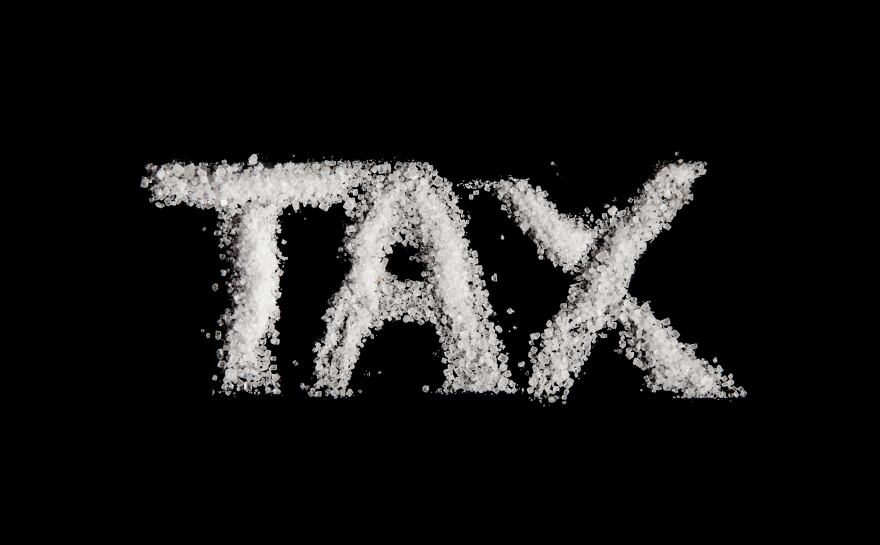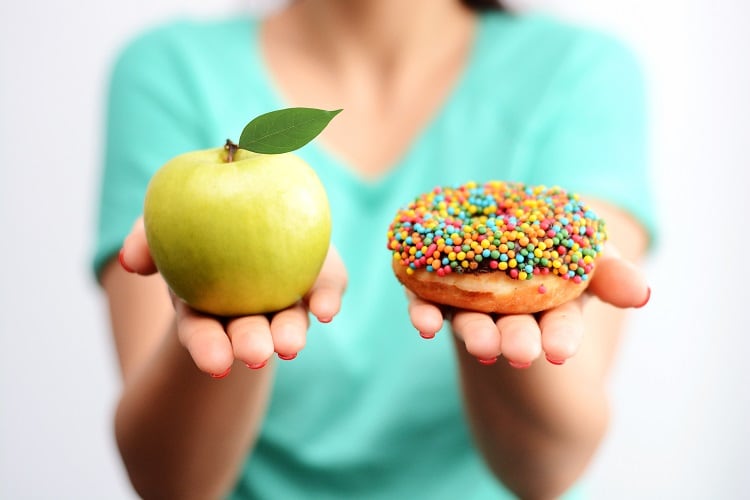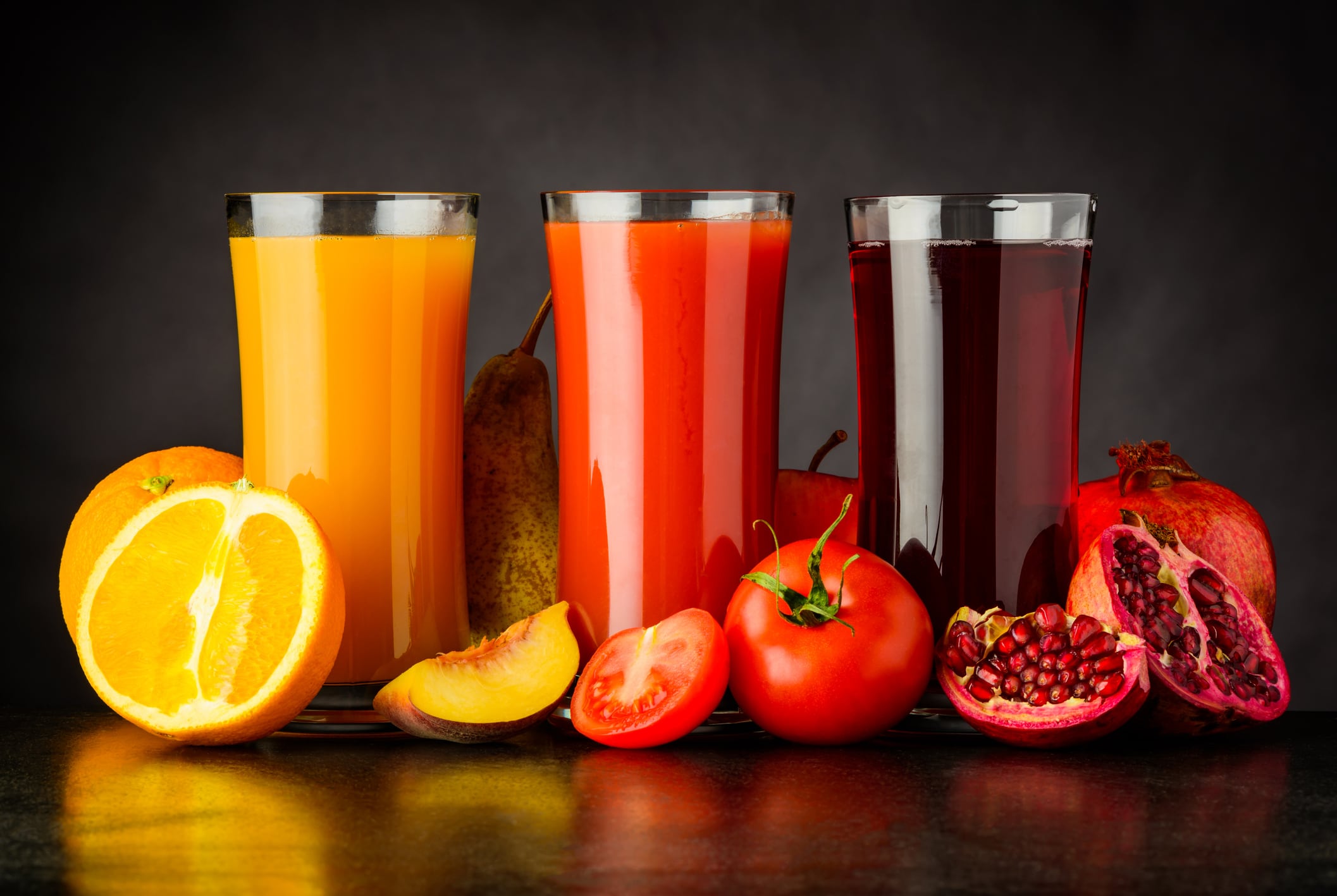The sugar tax has been far more effective than voluntary schemes in making food healthier, according to Public Health England (PHE).
Its latest two-year progress report on its goal of a 20% sugar cut across all food categories by 2020 shows that an overall 2.9% reduction (sales weighted average sugar per 100g) since 2015. For the out of home sector, based on more limited data, there is a 4.9% cut.
Some food categories have shown greater progress. Retailer own brand and manufacturer branded yoghurts and fromage frais, and breakfast cereals have reduced sugar by 10.3% and 8.5% respectively.
Sugar in sweetened and fizzy drinks drops nearly 29%
However, there has been much greater progress on soft drinks, which are covered by the Soft Drinks Industry Levy (SDIL). Here, there has been a 28.8% sugar reduction per 100ml in retailer own brand and manufacturer branded products and a 27.2% reduction per 100ml for drinks consumed out of home.
The report also noted a consumer shift towards zero or lower sugar products, with sugar purchased from soft drinks decreasing in all socio-economic groups. It added that 30,133 tonnes of sugar were removed without reducing soft drink sales, resulting in around 37.5 billion fewer kilocalories sold in sugary drinks each year.
PHE said that the 20% target was on course to be missed, with only breakfast cereals and yoghurts on track.
Sugar consumption in England has actually risen
And despite the overall 2.9% cut in sugar in foods, the amount of sugar consumed in England has actually risen. PHE’s report said: “Overall the total tonnes of sugar sold in foods included in the reformulation programme from the in-home sector has increased by 2.6% between 2015 and 2018 (excluding cakes and morning goods), whereas the sugar sold in soft drinks subject to the soft drinks industry levy has decreased by 21.6%.”
The challenges of sugar reduction vary greatly from category-to-category
Food businesses have three options to meet PHE’s 20% goal: reduce sugar levels (reformulation), produce smaller portions, or encourage consumers to purchase lower or no sugar products.
Tim Rycroft, Chief Operating Officer at the Food and Drink Federation, which is opposed to sugar-cutting targets being made mandatory, said the report highlighted that the challenges of sugar reduction vary greatly from category-to-category. “We have repeatedly pointed out that PHE set hugely aspirational targets and that these could never be met across all categories in the ambitious timeframe given,” he said. “Everyone is playing their part and we've already seen lots of great innovation since then, with plenty more in the pipeline.
“Reformulation and portion sizing are the measures that will have the greatest impact on obesity. If Government wants companies to remain engaged with the programme then it must let them deliver what they have already been asked to do – work that is already making a real difference.”
Calls for mandatory efforts across the food spectrum
But campaigners claim the report backs their calls for further sugar or ‘sin taxes’. Katharine Jenner, Campaign Director of Action on Sugar said: “Whilst it’s encouraging to learn that both sugary yoghurts and cereals have been successful in the sugar reduction programme proving that reformulation is easily achievable, it is shameful that other manufacturers are dragging their heels and will likely fail to meet the 20% target. Every year more and more children are becoming obese.”
She said that the better results from the soft drinks category demonstrated that “when properly motivated, the food industry can give us healthier options.” She called for mandatory efforts to be placed in other food categories. “It is imperative that this momentum and levy continues and is applied to calorie-dense processed foods and milk-based drinks that meet an agreed criterion set by the government. Fat is a bigger contributor to calories in the diet than sugar and therefore essential that manufacturers are encouraged to reduce both in order to tackle the UK’s unhealthy eating habits and the excessive calorie intake.”
‘Sugary products are inherently sugary’
But Christopher Snowden, from the Institute of Economic Affairs think tank, said that cutting sugar from ‘inherently sugary products’ was an impossible task. He tweeted the “Target has been achieved in only two categories: yoghurts (presumably they put the fat back in) and breakfast cereals (which can replace sugar with fibre).
“There has been essentially no reduction in sugar content of inherently sugary products, eg. sweets, biscuits, chocolate, because it is impossible to produce a palatable substitute.
Compare the results for confectionery above (no change in sugar per 100g) with the results per portion (4-5% reduction). The companies are clearly trying to reach the targets by shrinking the size of products."
He also pointed out that those in the lowest income groups (and more vulnerable to obesity) were still the least responsive to the sugar levy.




